Ruth Bader Ginsburg left big shoes to fill, even though, literally, her feet were tiny like the rest of her. While we are happy that another woman of experience could get a voice on the Supreme Court, we are worried that some of Amy Coney Barrett’s views could set back the progress women have achieved over the past 50 years, particularly with reproductive rights. It would be heartbreaking and darkly ironic if it was a woman who put the nail in the coffin of Roe v. Wade.
While we believe Barrett’s nomination is the most craven and hypocritical act by Republican senators (after denying Merritt Garland’s nomination in 2016) that we’ve witnessed in four years of profound cowardliness and hypocrisy, we do recognize that there’s a very good chance this 48-year-old will be sitting on the High Court very soon and shaping our country’s direction on immigration, health care, and much more. So we need to know more about her, and give her the personal respect any of us would want if we were thrust into the middle of a national political firestorm.
Read More: Ruth Bader Ginsburg On What She Belives is the Biggest Threat to Democracy
She is a Very Accomplished Woman
Barrett was appointed to the U.S. Court of Appeals for the Seventh Circuit in November 2017 and was approved for her seat on a vote of 54 to 42.
After graduating with her law degree from Notre Dame, she clerked for Supreme Court Justice Antonin Scalia. From 1999 to 2002, she practiced at the law firm Miller, Cassidy, Larroca & Lewin in Washington D.C.
In 2002, she joined the faculty of the Notre Dame Law School, where she continues to teach seminars. Three times she has won the “Distinguished Professor of the Year” at Notre Dame, and all 49 fellow law professors at Notre Dame supported her nomination to the Court of Appeals.
She is a Charismatic Catholic
A lifelong Catholic raised in Louisiana, Barrett follows an interpretation of the religion known as charismatic Catholicism. This sub-movement in the Catholic Church is in line with evangelical Pentacostal beliefs and worship, with an emphasis on “Baptism by the Holy Spirit.”
Barrett and her family are now part of a tightly knit Christian community called People of Praise, where members live communally and support each other. “We admire the first Christians who were led by the Holy Spirit to form a community,” the People of Praise website states. “Those early believers put their lives and their possessions in common, and `there were no needy persons among them.'”
She is the Mother of Seven Children
The oldest of seven children, Barrett has a big family of her own. Barrett’s children range in age from eight to 19, two of them were adopted from Haiti, which is certainly admirable. Her youngest biological child is special needs. According to reports, Barrett’s youngest child was diagnosed with Down Syndrome during a prenatal screening and she chose to keep the baby.
“What greater thing can you do than raise children?” she told the audience in Washington. “That’s where you have your greatest impact on the world.”
Her Views on Women’s Reproductive Rights are Worrisome
Though Barrett has never ruled directly on abortion, she has weighed in on legislation related to parental notification and burial of fetal remains. In both cases, she took positions that would make abortion more difficult or more emotionally charged. She was quoted in Notre Dame Magazine as saying that Roe v. Wade created “through judicial fiat a framework of abortion on demand.”
In her Senate hearings for her seat on the Court of Appeals, she said she had “no interest in challenging precedent” established by Roe v. Wade. She has also stated that she didn’t expect Roe v. Wade to be overturned but hollowed out. “The fundamental element, that the woman has a right to choose abortion, will probably stand,” she said. “The controversy right now is about funding. It’s a question of whether abortions will be publicly or privately funded.”
It’s important to note that she made that statement before Trump was elected and before she could become the justice who changed the balance of power on the court.
We’re all for women’s advancement, but it’s hard to swallow when that advancement will hold other women back.
Read More: Why Am I So Angry? The Causes—and Surprising Benefits—of Female Rage

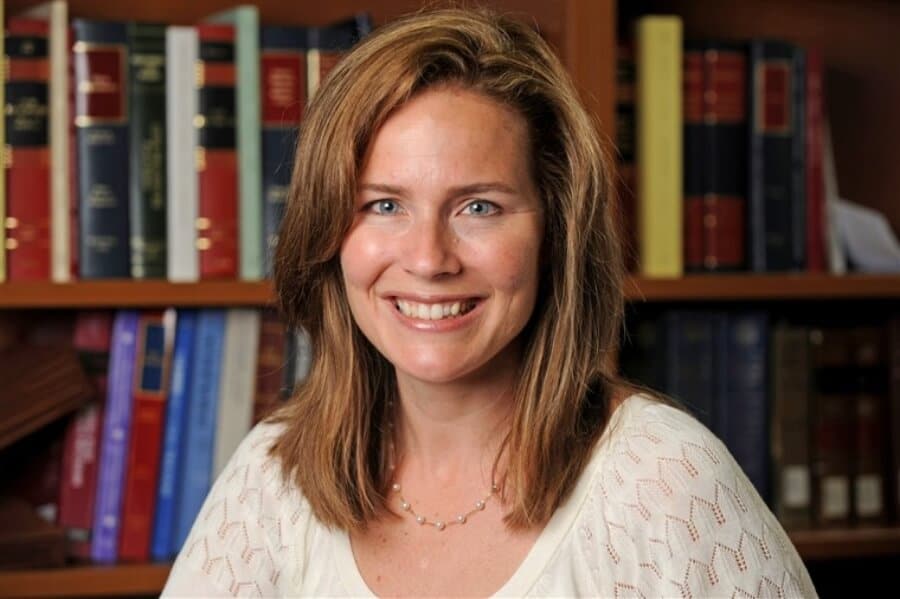
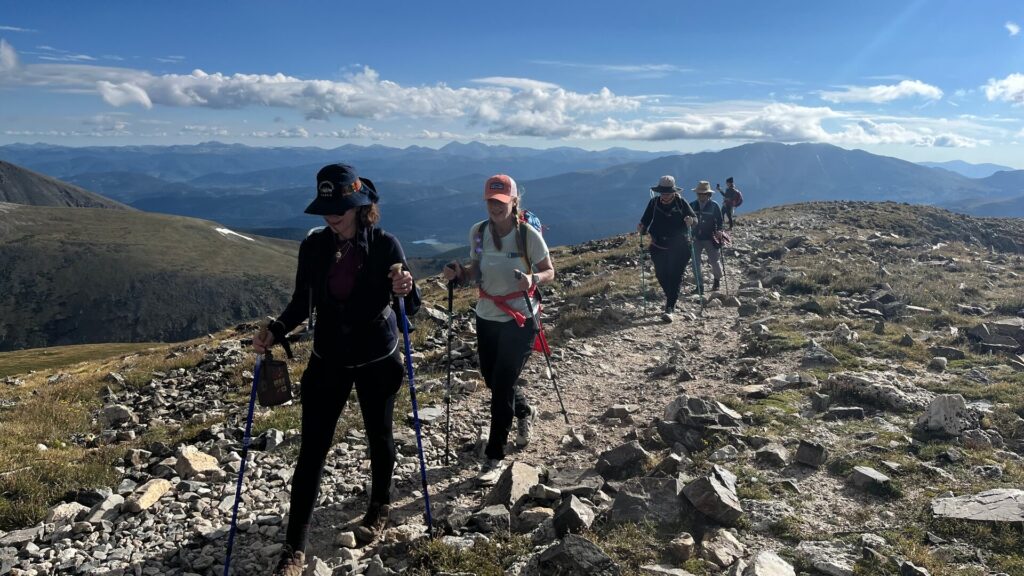



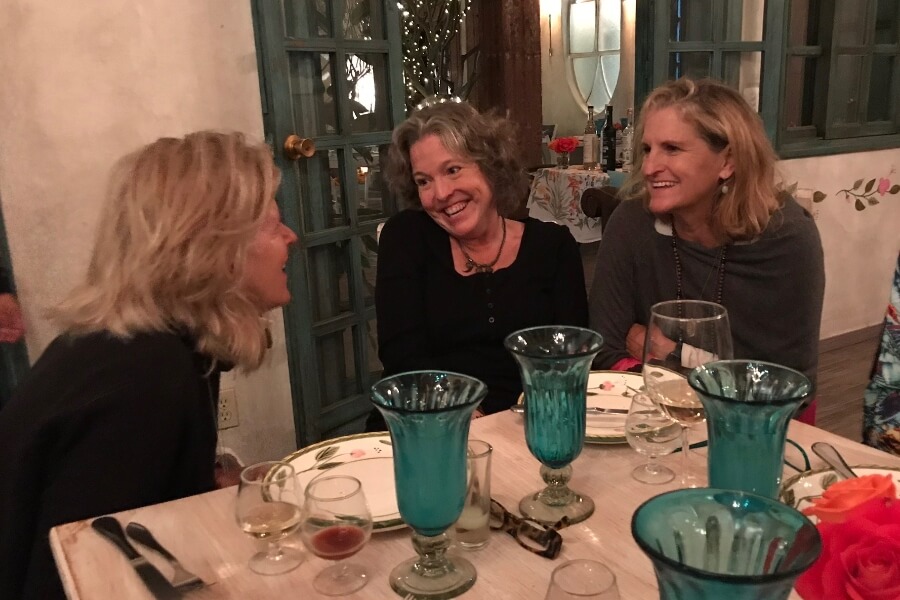
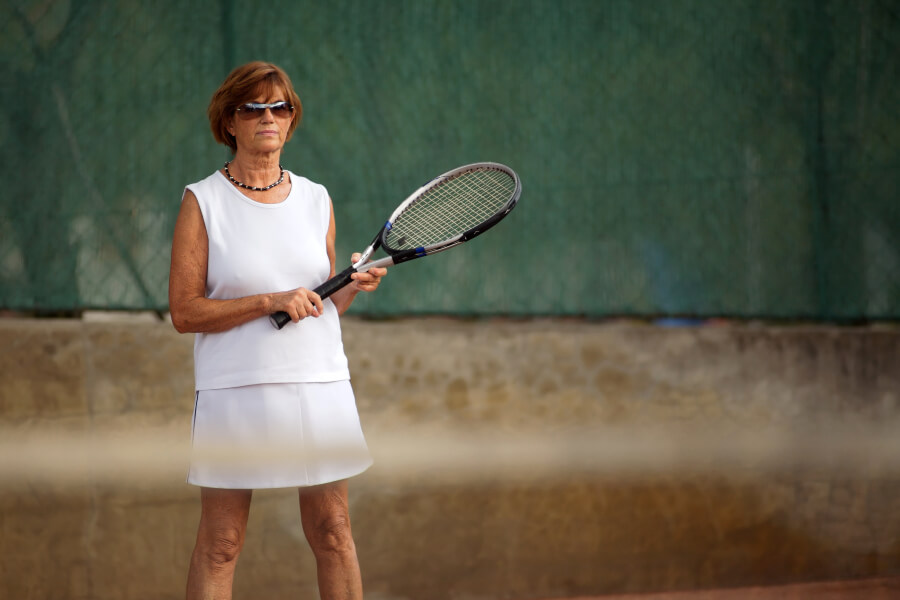
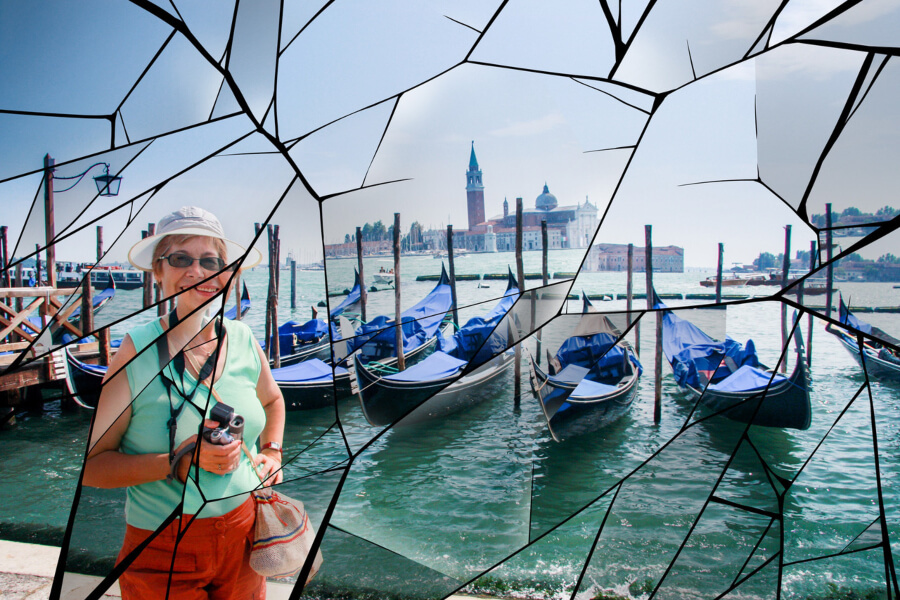

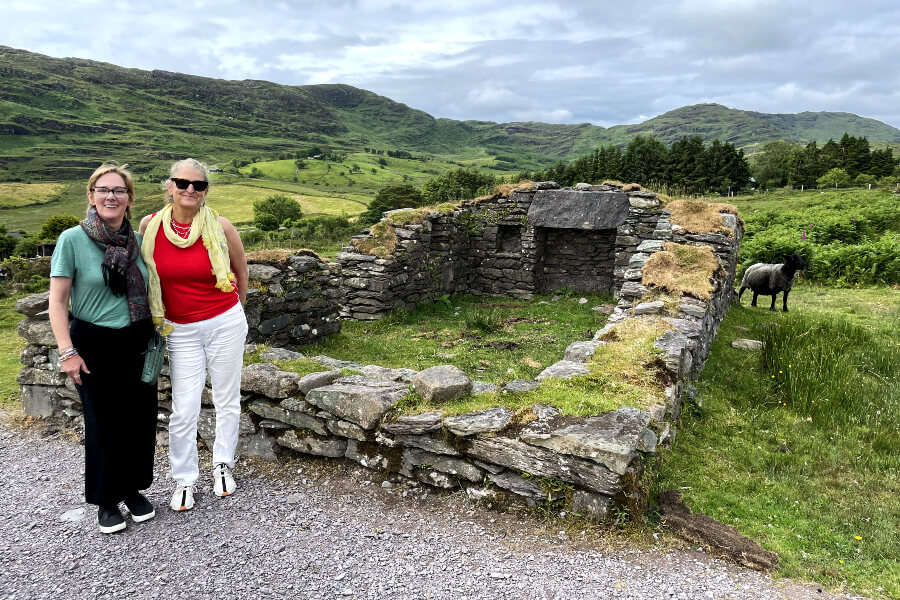
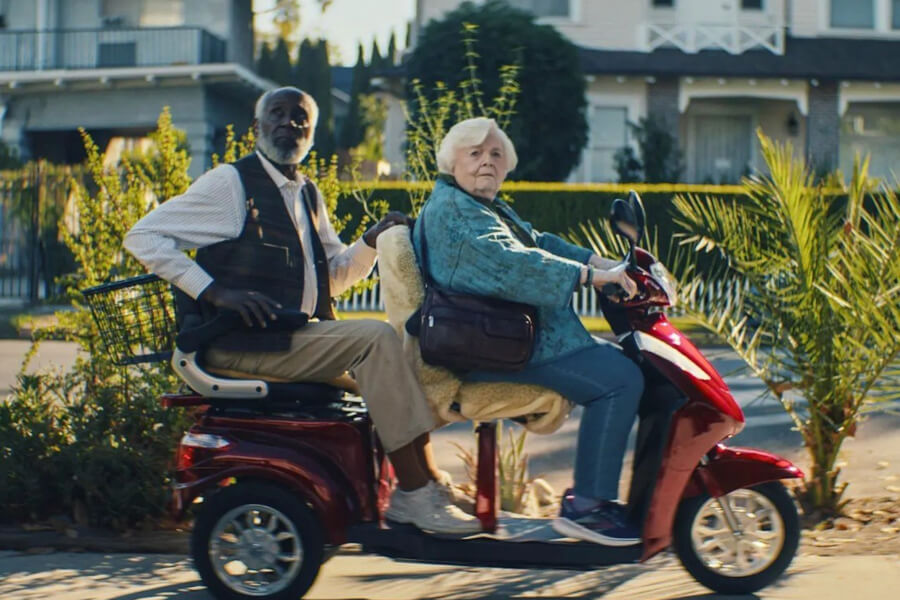
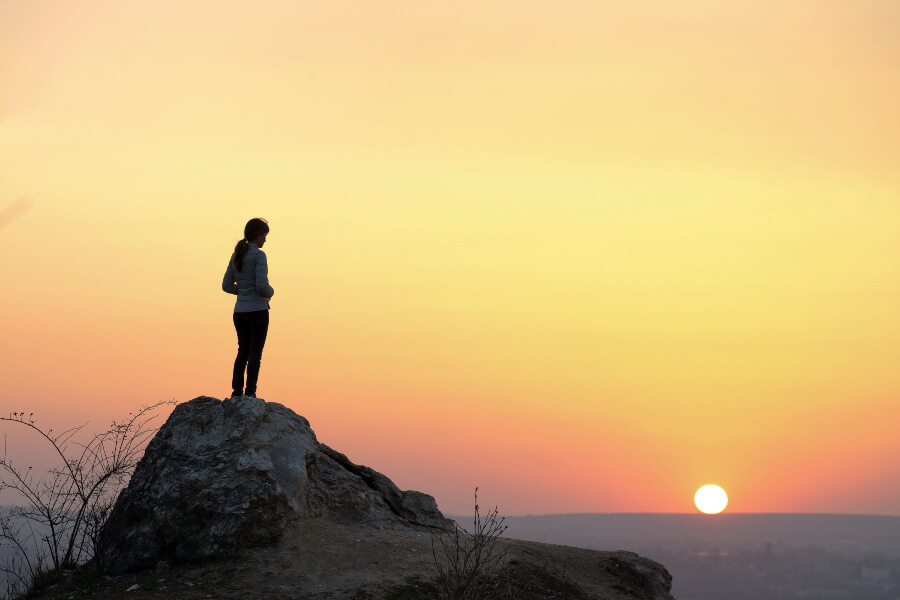
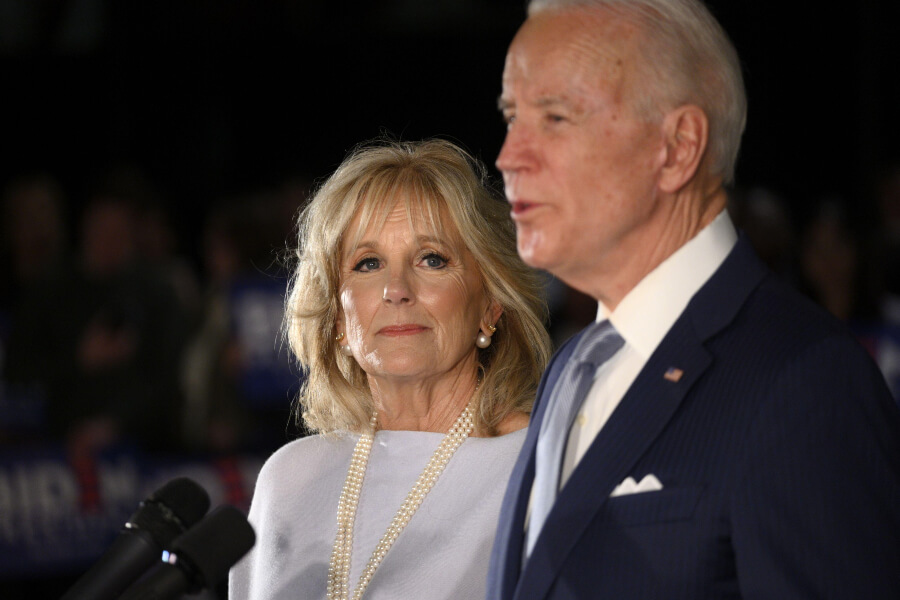

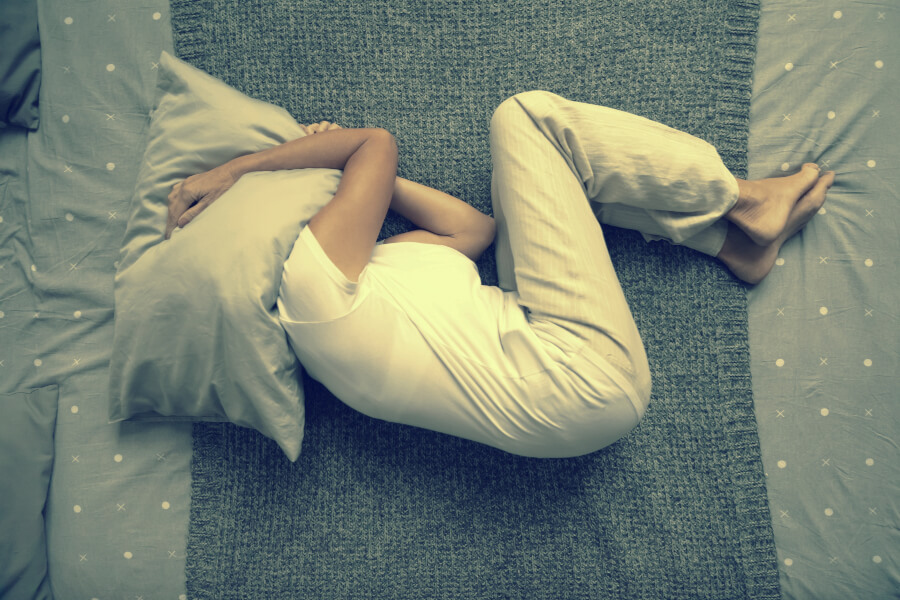
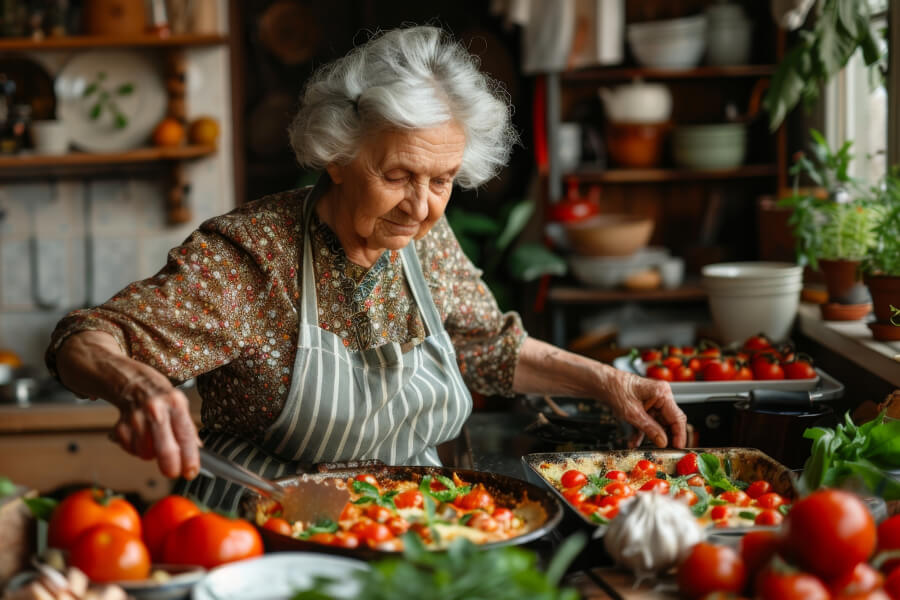

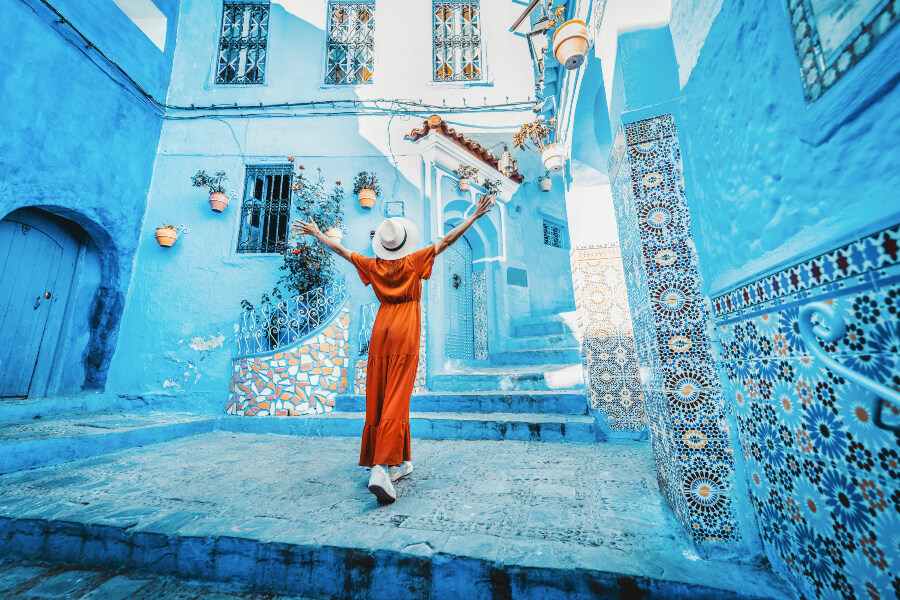


0 Comments